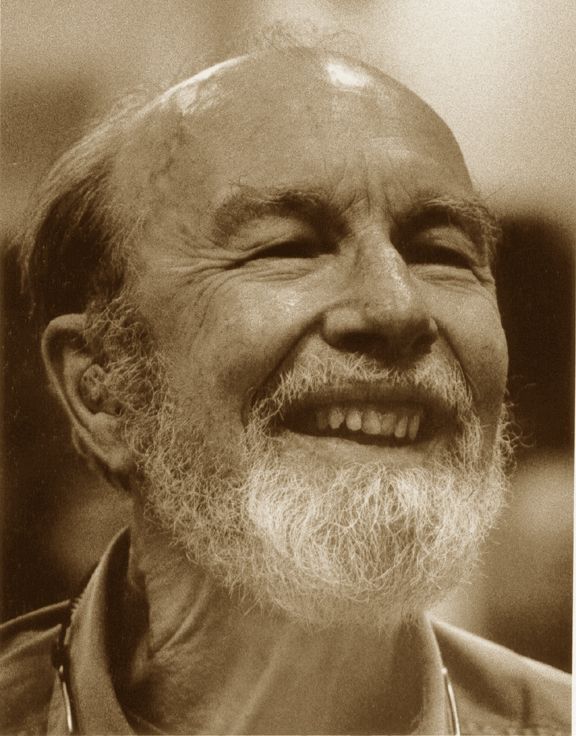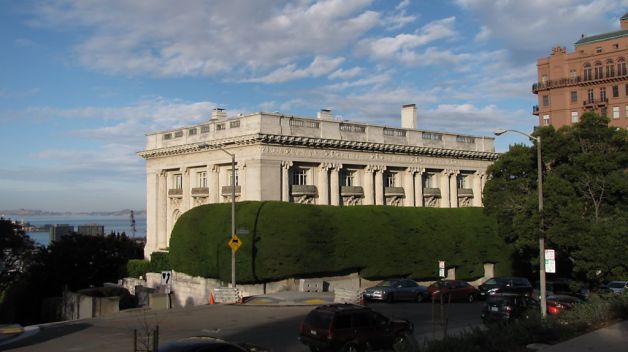What world do the economics writer live in? It can’t be anywhere on the planet Earth, never mind the United States, especially when they write things like this:
Obama’s Puzzle: Economy Rarely Better, Approval Rarely Worse
President Obama will pronounce on the state of the union for the fifth time on Tuesday, and never during his time in office has the state of the economy been better – yet rarely has he gotten such low marks from the public for his handling of it.
Not only have economic indicators shown progress toward pre-recession health, but many forecasters are predicting what one called “a breakout year” for growth. A new study from a Federal Reserve economist even put a more benign spin on a negative trend, the shrinking labor force, by attributing the decline not to discouraged unemployed workers who have quit looking for jobs, but to the first baby-boomer retirements.
Demand for labor is up and the unemployment rate is below 7 percent for the first time since November 2008. Consumers, buoyed by rising home prices and stock values, are spending more; so are businesses. Exports are growing as Europe regains health. The fiscal drag from state and federal spending cuts has abated.
I suppose that the writer, Jackie Calmes, who covers the White house, is a very smart person but obviously not tuned into what is a happening outside the bubble of the political pages of the New York Times. Quoting one anonymous Federal Reserve economist without evidence to refute the actual numbers from the Bureau of Labor statistics is ether more spin or bad journalism, probably both. We all know that the markets and the GDP are not true indicators of how well the majority of Americans are faring economically.
However, the explanation for the negativity about the economy and not just the president’s approval ratings but those of the Congress, is simple: since the “recovery” started in June 2009, 95 percent of the income gains have gone to the richest 1 percent (pdf) of the U.S. population. For a vast number of Americans the recession never ended.
Just look at what is happening in New York City, since the drastic cuts to SNAP and unemployment benefits ended, food banks and soup kitchens have seen an increase in the number of people seeking assistance and are now running out of food
New York, NY – January 22, 2014 – New research from Food Bank For New York City reveals a majority of New York City’s food pantries and soup kitchens (85 percent) experienced an increase in the number of visitors following a $5 billion national cut to the Supplemental Nutrition Assistance Program (SNAP, also known as food stamps) that took effect on November 1st, 2013. In fact, the numbers of visitors post-November 1 actually exceeded the number of visitors seen in November 2012, in the immediate aftermath of Super Storm Sandy. [..]
* 85% reported an overall increase in visitors in November 2013, as compared to November 2012, immediately following Super Storm Sandy.
* 76% of food pantries and soup kitchens saw an increase in visitors in November 2013 compared to the previous two months, with nearly half (45%) reporting considerable increases in visitor traffic of more than 25%;
* Nearly half (48%) of emergency food providers ran out of food required for meals or pantry bags, with 26% reporting having to turn people away due to insufficient food supplies;
* Nearly one quarter (23%) of food pantries and soup kitchens reported having to reduce the total number of meals they otherwise provided
That should be setting off alarm bells in Congress and at the White House. It isn’t. Congress is now set to pass a farm bill that further cuts food assistance by another $8.8 billion dollars over 10 years but continues generous subsidies for farmers.
The president will address this inequality and need for jobs with a living wage in the State of the Union address tonight. The White House has announced that he will raise the minimum wage for federal contractors to $10.10 an hour by executive order. The president has also said that he has “a pen and a phone” and is going to use them. The question is, with so many Americans suffering and the middle class shrinking, what took five years? And why should anyone believe him now?
Perhaps if he started with vetoing this farm bill and taking a stand against the Republicans and the corporate Democrats who enable them, then, maybe, he’d see an improvement in his approval ratings. Another flowery speech won’t do it.
And, Ms Calmes, read something other than your own paper, you might find out what’s going on in the world outside the offices of the NYT. Better yet, check out a food kitchen or pantry.


 On this day in 1916,
On this day in 1916, 


